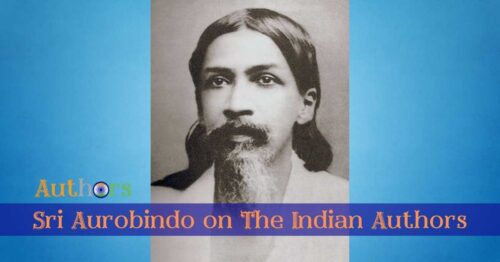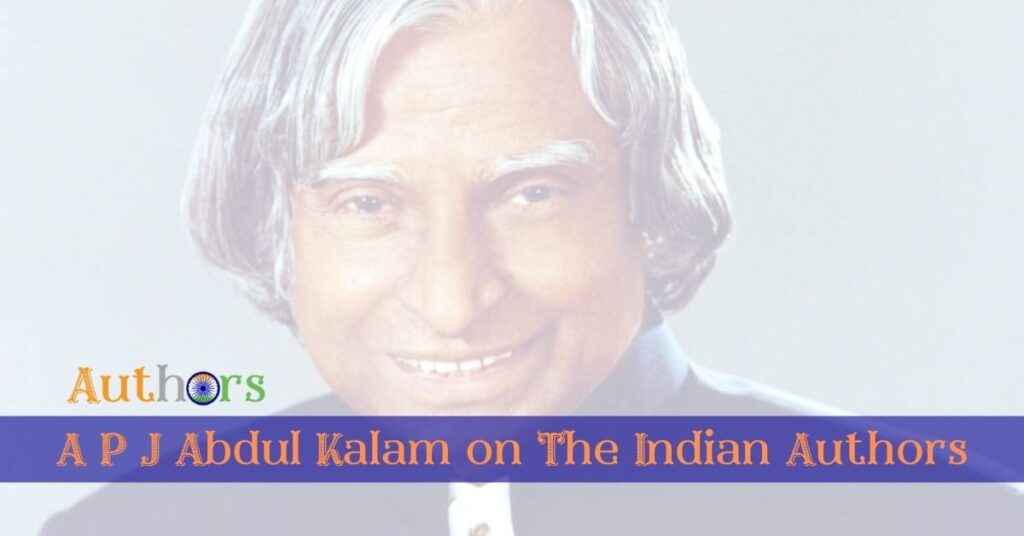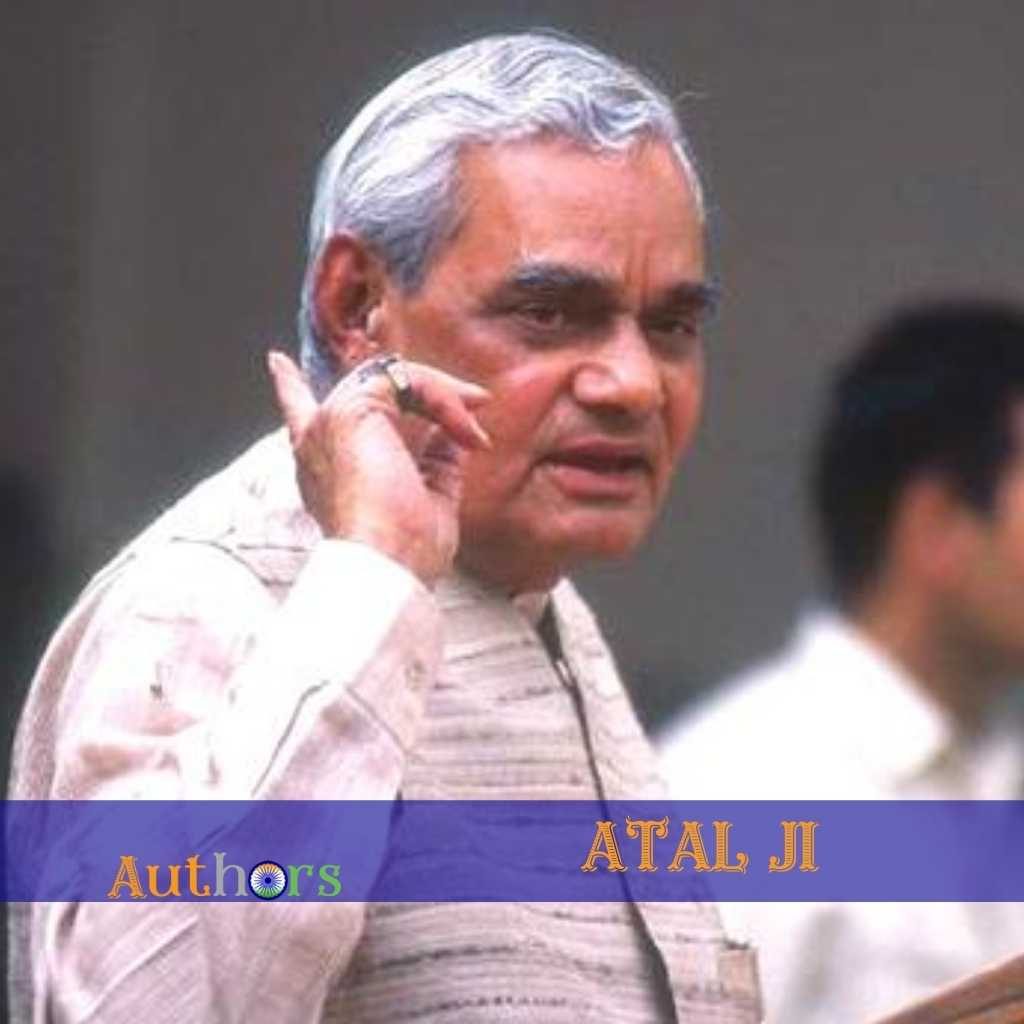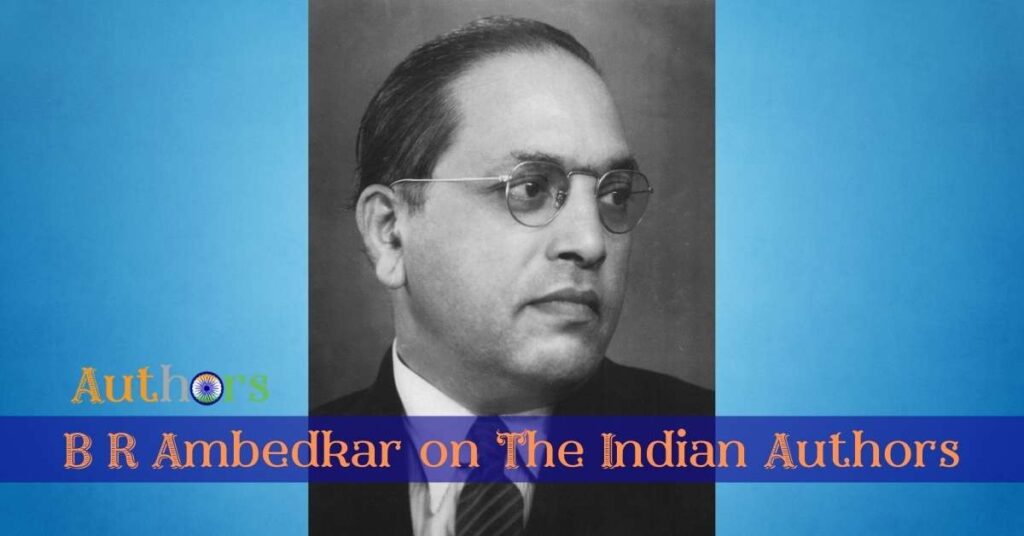“Even in rags I am a god;
Fallen, I am divine;
High I triumph when down-trod,
Long I live when slain.”
Lines from the poem ‘Life’ by Sri Aurobindo
“Sri Aurobindo’s evolution as a poet happened with his evolution as a man. He realised that divinity is possible, evolution with spirituality at the centre is possible, divine life is possible and he achieved it in his verse too. Read nothing or something from his younger years as a poet… miss nothing by a man who became a symbol, a man to awaken many men, a saint and a philosopher who envisioned life beyond generally conceived human limits. Sri Aurobindo was and will always be the leading representative of Indian ethos, culture of evolution and spiritual perfection… not only as a saint but also as a poet.”
Alok Mishra
In the words of Alok Mishra, a poet and a leading literary critic and researcher (in the domain of Indian English poetry), Sri Aurobindo will always be the benchmark for serious, meaningful and representative poetry in India. And anyone who reads Indian English poetry and knows a bit or two about it will never have a problem with such an assessment of the great Indian philosopher who did not only stir a chain reaction in the Indian freedom movement but also invited the world to accept divinity, move beyond liberty and shore higher in the sky of spiritual freedom, realisation and perfection.
Personal Details:
Sri Aurobindo was born in present-day Kolkata on 15 August 1872. Son to Krishna Dhun Ghose and Swarnalata Devi, Aurobindo Ghose was born into a rich family and his father believed the English culture, way of living and even the language to be superior and a must-have. Aurobindo, however, did not agree with all that his father believed. Nevertheless, his early schooling took place in an English school and he also studied in Kings College, London, while pursuing his father’s ambition of getting into the much-coveted ICS elite. He passed the necessary examinations but willfully did what he could to stay away from the services because he did not want it. He returned to India and started working in Baroda. He also took an active interest in the Indian freedom movement and established contacts with many leading freedom fighters in the early 20th century. However, something happened with him, in his inner being, and he turned towards spirituality, beyond liberty and towards the realisation of the ‘divine’ – divine in the body and the divine in the soul.
Sri Aurobindo was married to Mrinalini Devi, in 1901. Mrinalini died young, in 1908. His life, as we know him, and his works, all got fame after he started his Ashram in Pondicherry. It was in his Ashram that he worked on his literary masterpiece, Savitri, and other works. His disciples increased year by year and he began to be known as Sri Aurobindo in 1926 and afterwards.
Sri Aurobindo lived a peaceful life (after his spiritual awakening) and he has influenced many great minds around the world. He was himself inspired by Swami Vivekananda. He died on 5 December 1950.
His Writings:
His early writings were mainly correspondence in verse. You can see that. Rhyming lines making more ephemeral sense, romantic imagination and temporal joy that we have in the world. This is only after his internal evolution and change in his external thoughts that we see Sri Aurobindo as we know him. Away from rhyme and reason, into the world of his own that he nurtured by practising Yoga, meditation and continuous, evolving and incessant thoughts.
The day ends lost in a stretch of even,
A long road trod — and the little farther.
Now the waste-land, now the silence;
A blank dark wall, and behind it heaven.
Complete poem, Journey’s End (1927-47)
Sri Aurobindo who wrote these lines is certainly different from Aurobindo Ghose who was still lost in the search for his muse. Take a look at these early lines from his early poem:
Love, a moment drop thy hands;
Night within my soul expands.
Veil thy beauties milk-rose-fair
In that dark and showering hair.
Coral kisses ravish not
When the soul is tinged with thought;
Burning looks are then forbid.
Let each shyly-parted lid
Hover like a settling dove
O’er those deep-blue wells of Love.
Darkness brightens; silvering flee
Pomps of foam the driven sea.
Opening stanza from Nights by the Sea (1883-98)
Anyone who understands poetry can easily compare these two pieces draw a conclusion. The later poems by Sri Aurobindo were completely different in depth, sense, understanding for the art of words, and yes, powered with the beauty of verse as well. Aurobindo’s works are marked with knowledge, intellect, understanding of life and also an urge to see the beginning, the end and the journey as a whole. Being one with the body and the soul.
Though I would term any poem written by Sri Aurobindo after the 1920s a great attempt at poetry and a very successful attempt at writing poems, producing wonderful literary output, I would still hesitate to admire the poems before the 1920s and would continue to believe that the poet in Sri Aurobindo awakened only after the spiritual dawn. Many admirers and many disciples of him claim that Sri Aurobindo had supernatural powers and well he might have had such mystical prowess because the one without it could never have thought to produce the golden lining amidst many silver linings on the pages of Indian English literature… Savitri – A Legend and A Symbol.
As soon as one enters into the mystical empire of poetry that Aurobindo had built for his readers, it’d not take too long to observe that the empire strongly stands on one strongest pillar, Savitri, and many other minor and strong enough pillars which may walk into the realms of literature beyond genre limits – poetry, non-fiction, works on practising Yoga, Dhyaan and so on… Unfortunately, Savitri is also the poem that has been criticised by modern Indian poets writing in English and there are a few, who would seldom transcend beyond being recognised only by English literature students in India like Kamala Das and Keki N Daruwala, have claimed that they could not read Sri Aurobindo because they did not find him readable… Well, all these poets who have tried to denounce Aurobindo’s poetry on the basis of his style, language (Ezekiel) and images have been justly ridiculed by M. K. Naik, one of the leading authorities on Indian English literature, in his chapter on Sri Aurobindo in the book Indian English Poetry: from the beginnings upto 200o.
Those who understand poetry can easily wonder that Aurobindo has produced a single poem that is well-expanded over 24,000 lines! Yes, it’d demand some vigour reading this work and we can expect that the Indian poets who found their refuge in the silly attempts to copy the West and the English style, imagery and symbols, have not been able to capture the Indian ethos and soul in their poetry. Sri Aurobindo, Sarojini Naidu, Tagore and even Ezekiel to an extent has only been the poets who could get admiration any day when compared to ephemeral works by many Indian English poets who could seldom venture beyond the pages they coloured with the inks of their short-term vision and poetic sense.
Sri Aurobindo generally draws his poetic truth and imagination, style and temperament, images and symbols from the ancient Indian richness that we have been able to harvest and store successfully for many centuries. There is nothing that can compare to it. And yet, M K Naik wonderfully brings out to the open that Sri Aurobindo has been very modern while bringing out the great symbolism from the past in his greatest work, Savitri. You can refer to page number 29 in his book Indian English Poetry.
And to conclude this section, Sri Aurobindo’s writings are plenty. Though he is known as a poet, he has also ventured into writing in many other genres. Spiritual works that he produced are still very popular and read by many. His works on Yoga, ancient Indian philosophy, his letters… there are many works. Sri Aurobindo was a prolific writer who looked for a formal rendering of thoughts into words and sentences. His writings got better with time (as happens naturally with all great writers).
His Works:
Though there are many works by Aurobindo, the main editions of his works are published as a combined publication in 30 volumes. Yet, here are some of the well-known titles by him, individually.
Savitri: A Legend and A Symbol (poetry)
The Life Divine
The Renaissance in India with A Defense of Indian Culture
Hymns to the Mystic Fire
The Secret of the Veda
Essays on The Gita
The Synthesis of Yoga
Vedic and Philological Studies
There are many other works and it is great to state to all his works can be downloaded for free from the official website of Sri Aurobindo Ashram. Here is the link: https://www.sriaurobindoashram.org/sriaurobindo/writings.php
Beyond Being an Author and a Poet:
Sri Aurobindo was a freedom fighter, a political activist and a great philosopher with a great knowledge of the Indian culture, Hindu wisdom and prowess to put forth his intellect in verse and prose. He was and will be an inspiration to many. His Ashram, in Pondicherry, is still offering many things to the society and the seekers who visit the place with a hope to learn about themselves. Not only to the freedom fighters who have been shown as towering giants, but Sri Aurobindo also inspired those who actually did something to uproot the anarchist British rulers from the Indian regime. Prominent among many who were moved by the thoughts of Aurobindo was Subhash Chandra Bose, known as Neta Ji. Aurobindo will be remembered forever as a poet and an author. If the world becomes immune to literature and letters, he will still be celebrated as a thought leader, a philosopher and a great mystic.
Conclusion:
There will be critics. Then, there will be the ones who will be prejudiced. As Pope put it out with the ‘jaundice’ and ‘yellow’ analogy, there will be the critics and fellow poets who might want to underplay the genius that Sri Aurobindo was, there will always be more admirers who will revel in the greatness that he produced. Moreover, great figures like Aurobindo are to be celebrated in spite of age and it will be the same!
By Amit for The Indian Authors





5 Comments. Leave new
Thanks for this wonderful article… I was looking for something detailed on Sri Aurobindo and I luckily found this website.
Beautiful presentation in brief. Sri Aurobindo is a great poet. His sense of poetics is wonderful. You have beautifully depicted his life and literary works. Thanks .
This is a wonderfully written article… I like reading classical Indian authors and I guess Sri Aurobindo is one of the leading voices. Must read. Thanks for sharing this wonderful piece, Indian Authors!
It’s rare to find detailed articles about Indian authors. The Indian Author is a nice place to read about the authors. A nice informative article.
Sri Aurobindo is one of the greatest spiritual poets in the history of Indian English literature. As a student of literature, I can say that his poems are mostly forgotten in the syllabus of Indian universities.
The article is the summation of all his work in one place and it provides a wonderful insight into his life.